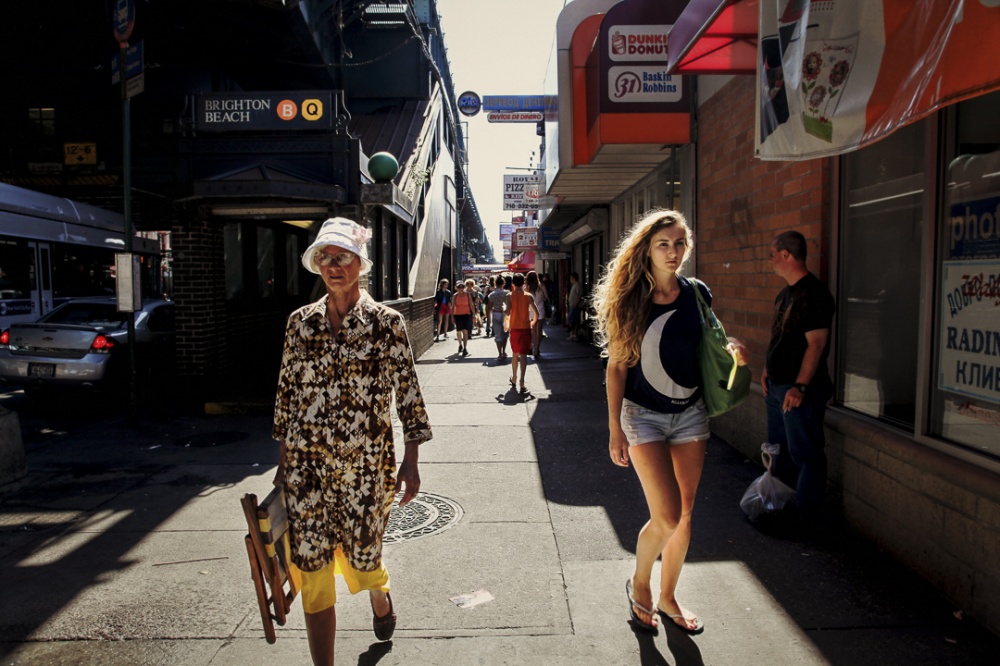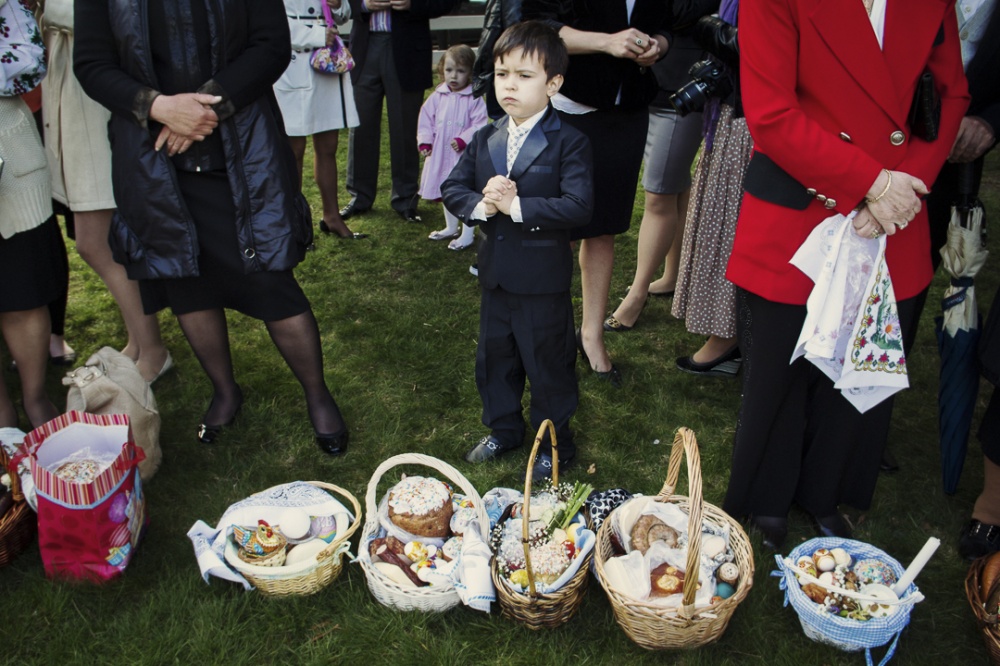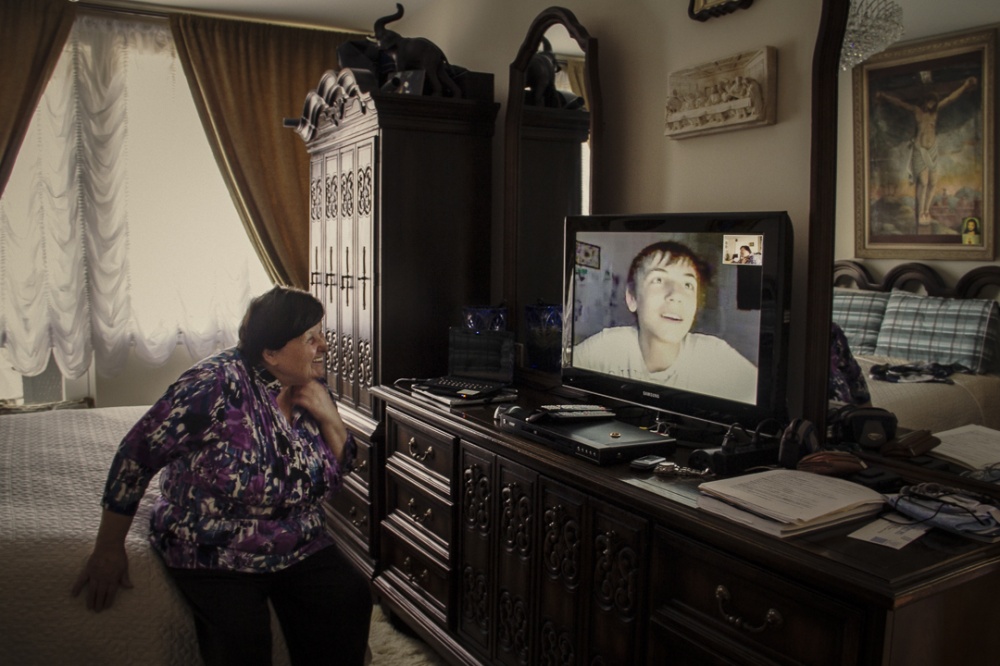During my first visit to Brighton Beach my senses were paralyzed by thousands of reminders of home. After living in the U.S. for five years I succeeded in isolating myself from my culture and integrating into American life. I had a goal to become American and was determined to build my life here in the U.S. By the time I made my first visit to Little Odessa I was so used to America that the encounter with my own culture was a real shock.
The “Little Odessa” community in Brighton Beach is as much a state of mind as a location. It is stuck between two worlds. It is a place of ceaseless nostalgic fantasy of countries left behind – a place where immigrants attempt to preserve what they once had in order to transition more smoothly into a life in America. It was in Brighton Beach during the 70s that Soviet immigrants forged a common bond through language and pop culture, thereby guarding an identity that prevents them from adapting to a new world. These cultural similarities echo in everything that the locals do and say – from what they eat and wear, to how they socialize and worship.
Though it has been more than two decades since the former Soviet Union fell, there are still many reminders of the old days in Little Odessa. As a result of leaving their homeland during the Soviet years with feelings of longing and disconnectedness, many of the older inhabitants of Little Odessa still cling to Soviet ways that may no longer exist in their countries of origin. As a result, they resist integration into modern American culture while preserving a slice of history. This project attempts to show the juxtaposition of an older generation still clinging to its heritage, and a younger generation that is quickly and eagerly adopting American lifestyles, while also examining the tensions and obligatory partnerships that exists between the first wave of Russian-speaking Jewish immigrants, and the latest influx of Eastern European immigrants that arrived after the fall of the U.S.S.R.

































